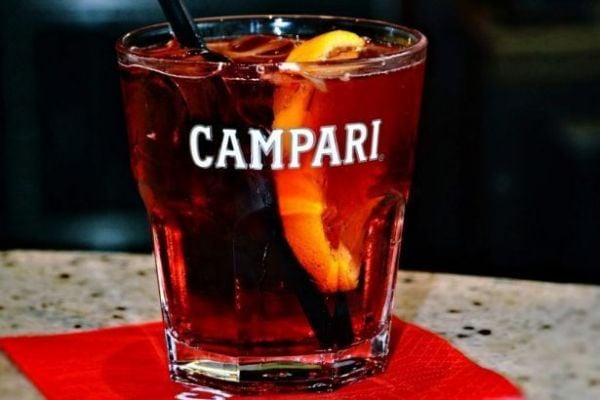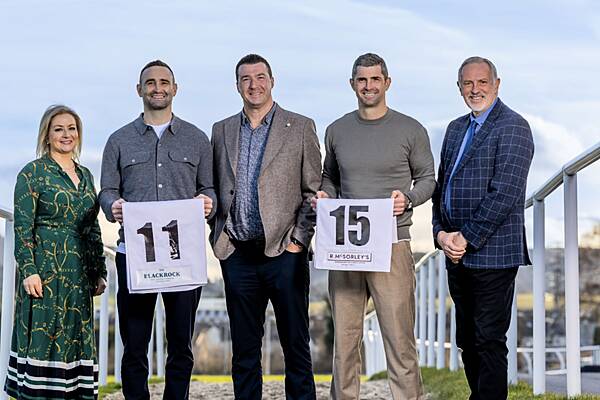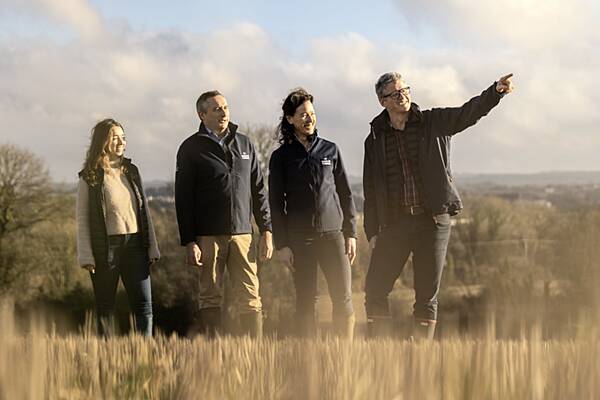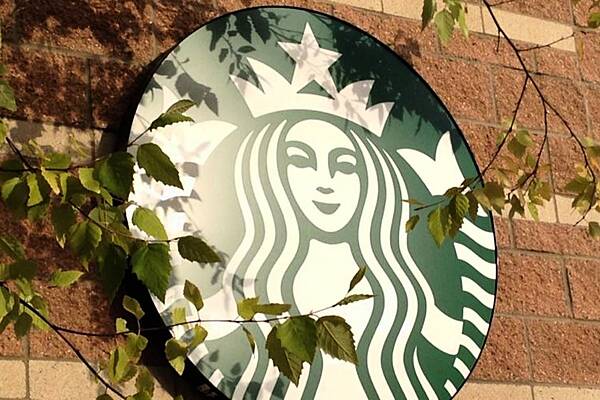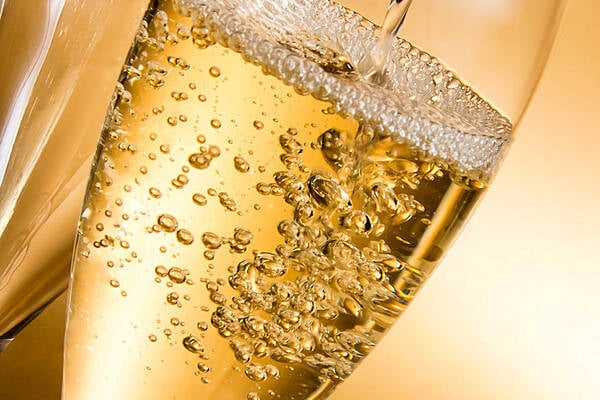Drinkers' growing taste for Aperol, the bright orange aperitif, helped to boost sales growth at parent Campari in the third quarter, which covers the peak summer period in some of the company's main markets.
Aperol, once a niche product sold mostly in northern Italy to make the Spritz cocktail, has become one of the group's best sellers as aperitifs and cocktails have become more fashionable for younger drinkers.
Aperol's sales jumped 43% in the third quarter, driving organic sales for the whole group up 8.9%, a bigger increase than expected by analysts. In the second quarter, the increase had been 8.1%.
"Scratching The Surface"
During a conference call, Campari's CEO Bob Kunze-Concewitz told analysts Aperol would continue to expand.
"We are only scratching the surface of Aperol's growth in the United States, there is still a long way to go," Kunze-Concewitz said.
He said that Aperol was winning over more customers as some now drank it during meals in addition to sipping it as a pre-dinner drink.
Strong Growth
Aperol reported strong growth in its core markets, including Italy and Germany, and also in newer areas such as Britain and the United States, thanks to marketing investments.
After an advertising campaign last year in the fashionable Hamptons holiday resort near New York, the beverage group organised Aperol Spritz events this summer both in New York and Los Angeles.
Campari said its namesake red aperitif, Wild Turkey bourbon and Espolon tequila also helped to support growth in the quarter. But sales of SKYY vodka were down 1.1%, highlighting that the brand is facing weak demand in the United States, especially for its flavoured vodkas.
Organic Sales
"Looking at the remainder of the year, the net sales organic growth is expected to be driven by the key high-margin brands ... with the exception of SKYY," the Milan-based group said.
Kunze-Concewitz said destocking of SKYY was expected to last nine more months.
He also said bad weather and adverse economic conditions in some emerging markets such as Russia and Brasil could weigh on organic sales in the fourth quarter. He did not give detailed guidance.
Organic sales strip out currency swings and any acquisitions or sales of assets.
Adjusted operating profit came in at €259.2 million euros between January and September, with a margin of 21.6%, up from 20.9% in the same period of 2017.
Net debt was €914 million at the end of September, down from €982 million at the end of last year.
News by Reuters, edited by Hospitality Ireland. Click subscribe to sign up for the Hospitality Ireland print edition.
